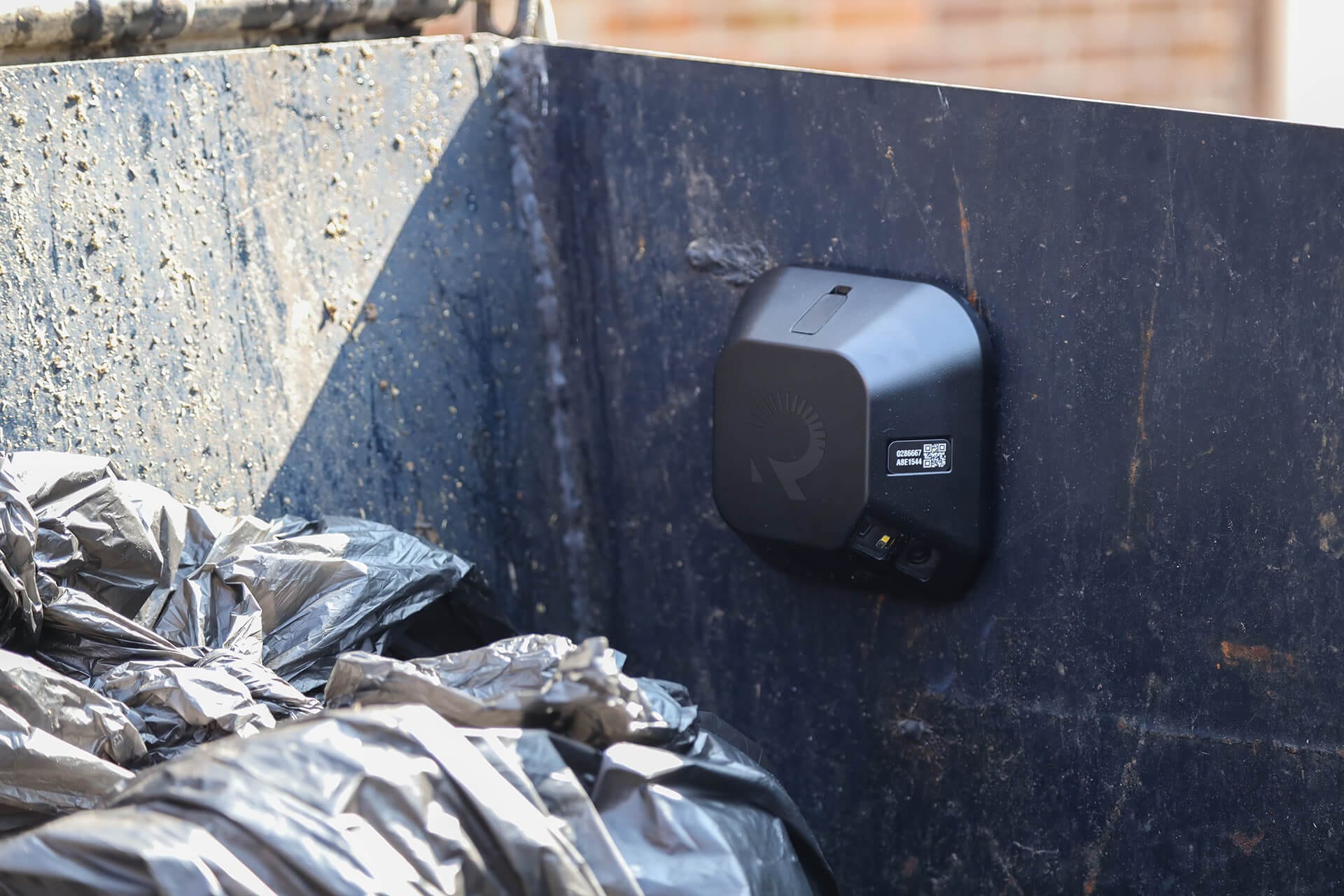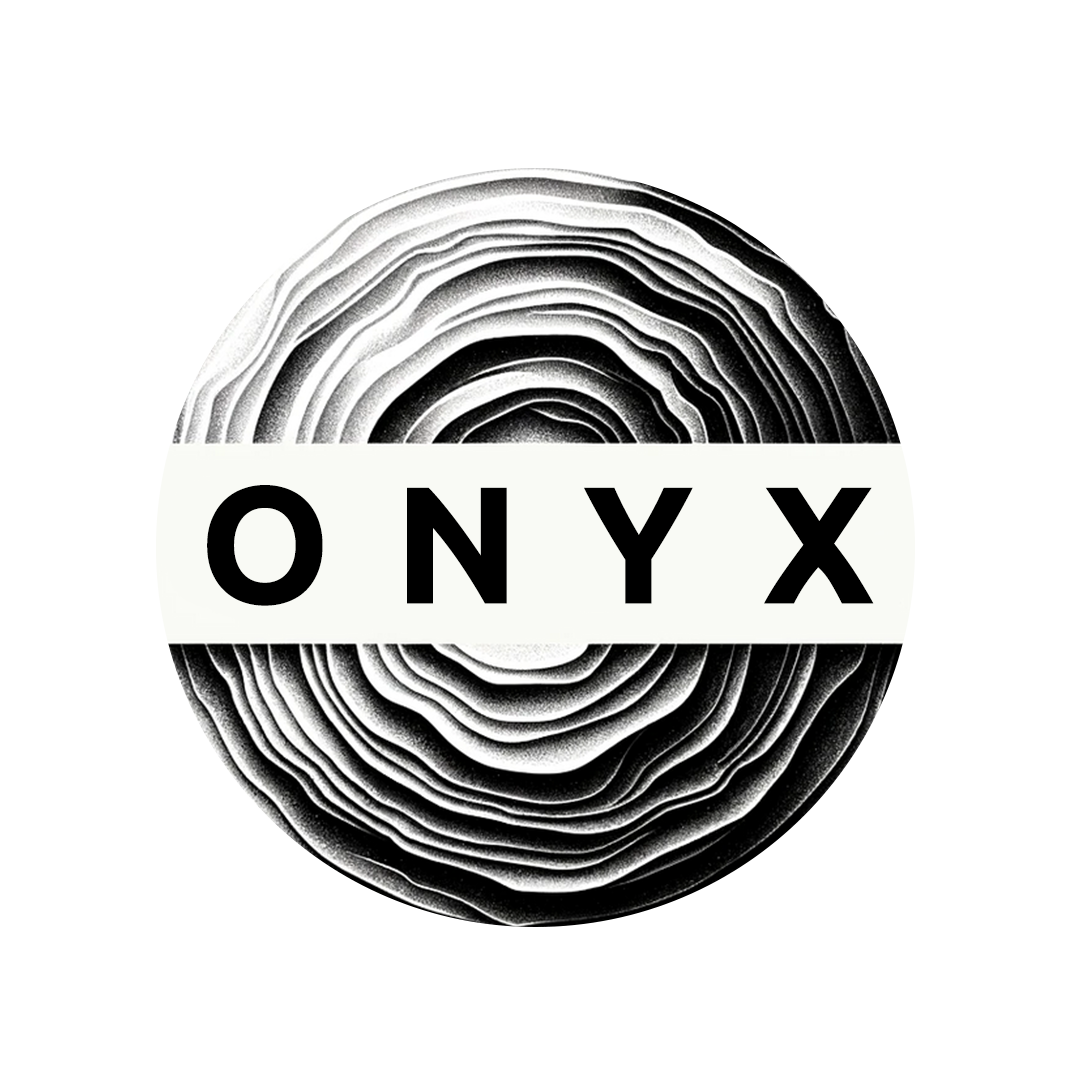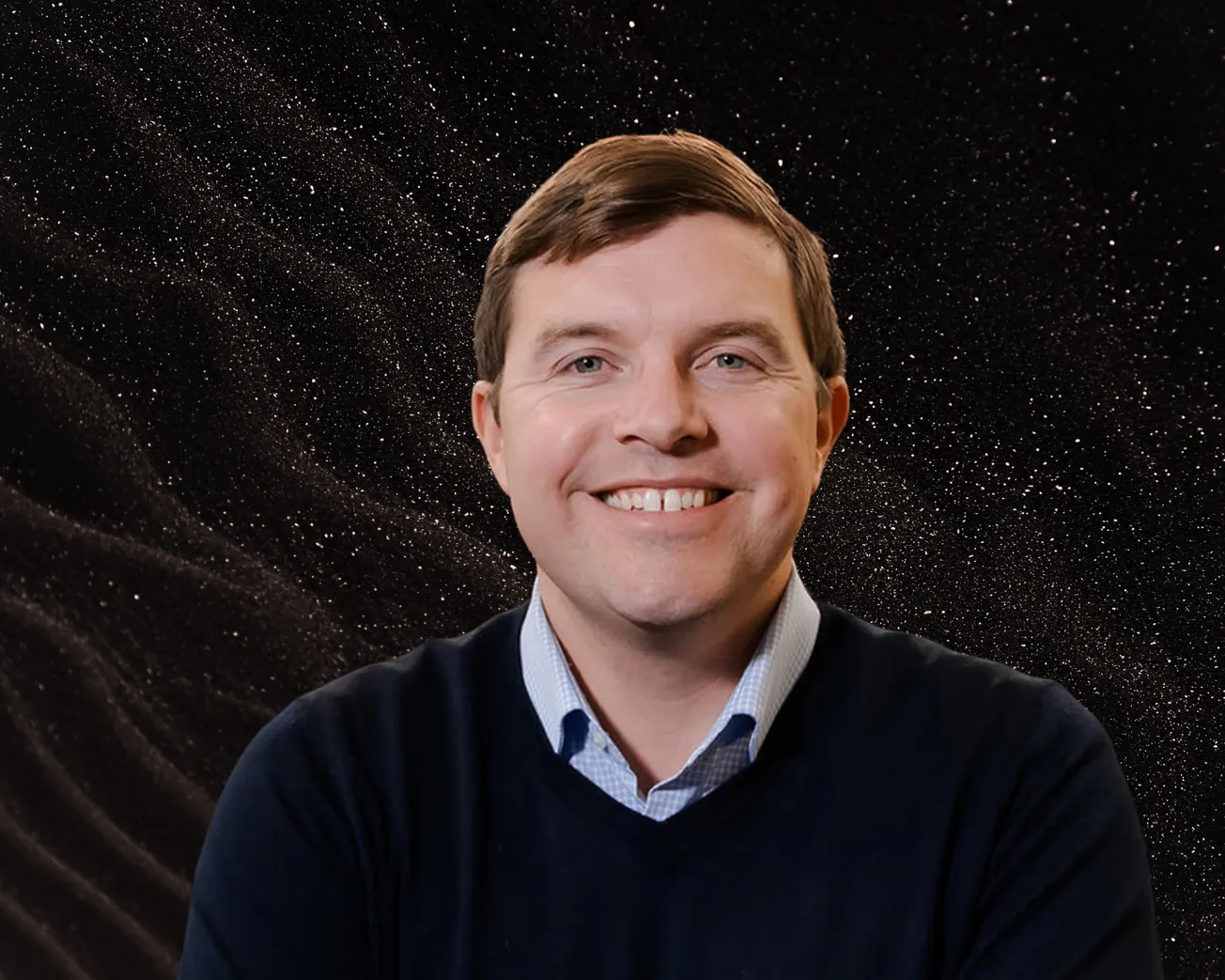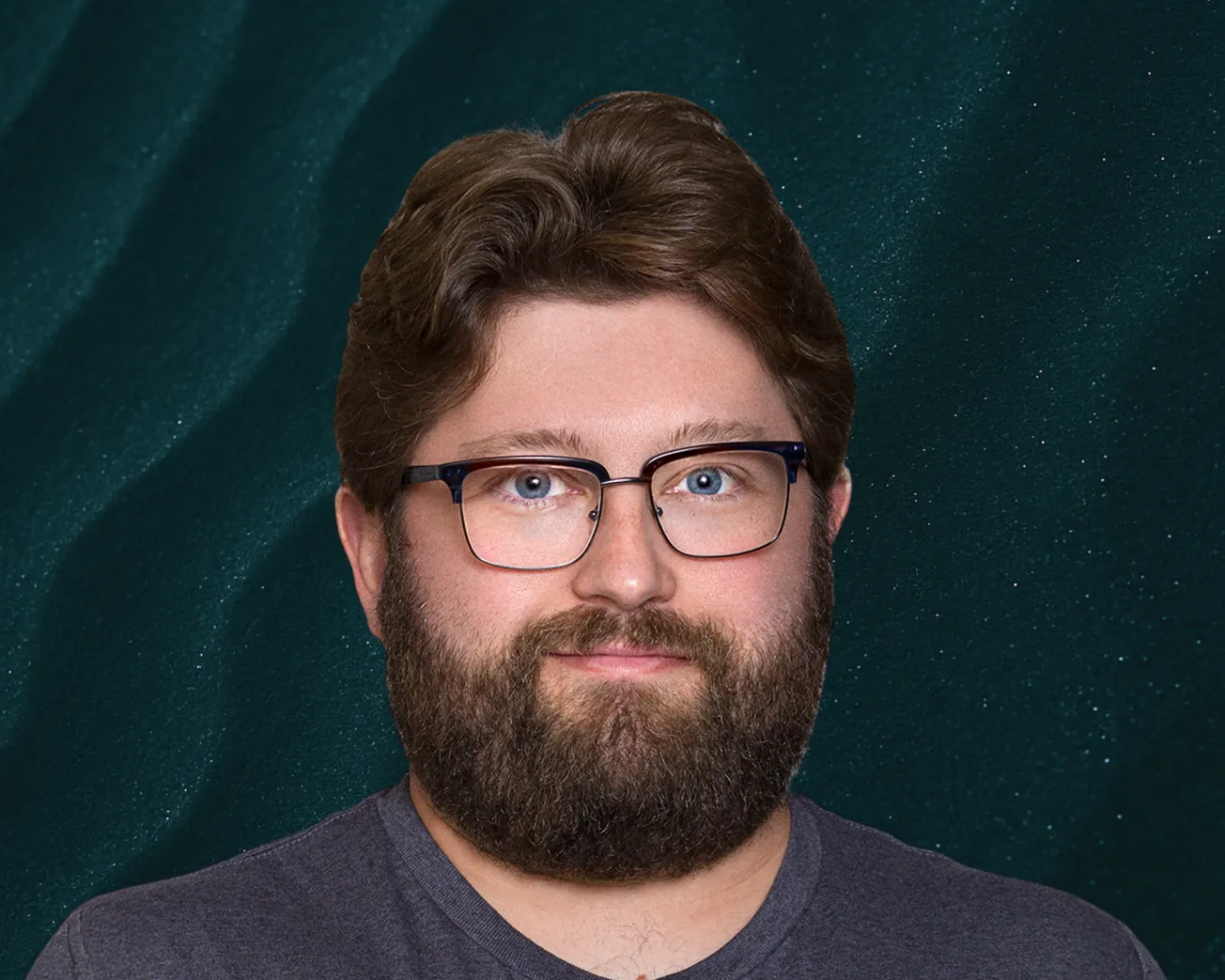Table of Contents
Graham Rihn, CEO of RoadRunner, sat down with Onyx for a feature-length interview.
Could you start by summarizing your career background and what led you to the helm of RoadRunner?
My career began at a small startup in Washington, D.C. As employee number four, my skillset and focus was data analysis related to the physical world, primarily electricity, but also waste. It was in this role that I was first exposed to the mountain of inefficiencies in the waste industry.
After seeing the data story, I spoke with many customers to more clearly understand their painpoints. These conversations confirmed what the data was telling me: there was a significant opportunity to solve a major inefficiency and sustainability challenge in the waste industry for businesses. This combination of deep data analysis and direct customer feedback sparked my obsession with solving the issue, and that's what led me to start my own entrepreneurial journey with RoadRunner.
What would you say are the main factors driving RoadRunner’s success and customer growth?
Our growth is fueled by our ability to deliver what customers feel they are lacking. We do this by creating a “modern waste and recycling” experience, based on the use of cutting-edge technology and AI to make the customer journey better, more sustainable and more affordable.
Customers today are very focused on sustainability, and RoadRunner's services directly help them achieve their goals, whether it's by using our expertise and advanced monitoring technology to identify opportunities to recycle more or divert waste from landfills.
In addition, with current economic pressures, a company's ability to drive cost efficiency is more critical than ever. We've made it a priority to help customers save money, which is often their number one concern. Our technology helps us do this better than anyone.
By meeting these key needs, RoadRunner has been able to grow and attract new customers.
Could you go into detail about the techniques and methods you’re using - the AI, the structure of the company?
Technology is the backbone of RoadRunner. We've developed a proprietary AI software that works in tandem with custom-built, patented camera sensor hardware installed on our customers' waste containers. This Waste Metering™ system allows us to gather and analyze data daily, providing real-time insights that drive smarter, more efficient operations.
For example, our technology system tracks the fill-rates across all of our containers hundreds of thousands of times a day. This gives us precise, real-time data on exactly how full each container is and what’s in them. We then use this information to create more efficient collection routes, ensuring we only service containers when they're actually full and make sure the right material makes it to the right place. The result is a level of efficiency so seamless that customers don't even realize it's happening, allowing us to consistently offer the most cost-efficient solution on the market.
Which regions do you think have the greatest potential to expand into?
The problem we solve for—inefficiencies in waste management—is universal, so our services are valuable for businesses everywhere. That’s why RoadRunner is already operational nationwide. Our focus and intent today is to continue to grow and serve more customers across the United States.
That said, we see the greatest potential for growth in areas with supportive regulatory frameworks due to our data-backed approach. Regions with legislation that enforces strict contamination rules, mandates higher landfill diversion rates, require accurate reporting, etc. create an environment where our services are not only beneficial but also essential for businesses to comply.
What benchmarks would make you look outward, internationally?
Because the U.S. market is so large and RoadRunner is already operating nationwide, the focus remains on the U.S. That being said, the same core problem we’re attacking in the US exists globally: in the UK, across Europe, in Australia, Japan. As we consider international growth, it is important to be tactful about the timing of any international move so that we can deliver the same principles of better service, sustainability and savings through our technology-backed services.
When you collect materials, how do you make sure they’re processed to the highest environmental standard?
Our process includes combining our proprietary technology, our industry and sustainability expertise, and our vetted network of partners.
One example is, how we use our AI-enabled contamination recognition technology, we can identify when there’s something in a recycling container that shouldn’t be. With this timely information we can make sure contaminated materials don’t make it to the recycling center.
We also have TRUE Zero Waste Advisors who can help our customers build realistic zero waste or sustainability plans to reduce contamination and even waste at the source.
And, to ensure materials are properly processed, RoadRunner also conducts due diligence on its recycling partners. This involves verifying that a recycling outlet can genuinely process the specific materials it claims to handle. From there, it’s connecting the dots thanks to our technology. We’ve got a stream that’s set to be recycled; we’ve got a recycler to whom we can haul it, and that’s how we get recycling to actually happen.
If I’m a prospective customer, what’s the big attraction for me?
First and foremost, RoadRunner helps companies truly understand their waste streams. In an industry where many businesses don't even know what they're generating, we provide better data and reporting so they can see exactly what materials are going to a landfill versus what can be recycled.
We can do this because of our Waste Metering™ technology. This AI-powered system provides real-time insights into what a container holds on any given day, offering a level of visibility that's unprecedented in the industry.
What customers love is that we translate all of this data into sharable insights that help us improve their operations and drive sustainability, while saving them money. On average, our customers see an immediate 12% cost savings—a direct and measurable benefit that combines with the long-term value of our data-driven approach.

When you say 12% up front - how quickly does that happen?
There's no lag in seeing the savings. RoadRunner runs data analysis to identify available savings before a contract is signed. The guaranteed cost savings—an average of 12%—are then written directly into the contract. This means the customer sees that reduction in their very first month of service.
In your best cases, how high have savings gone?
Businesses that are already highly organized, eager to streamline operations and committed to improving their recycling practices have seen savings around the 20% marker.
What kind of strategic partnerships are you looking for?
We don't own any assets like trucks or recycling facilities; instead, we utilize a network of trusted, vetted partners every day to serve our customers. So, partnerships are essential for us, and we like it that way, because that allows us to help contribute to the communities we operate in.
Additionally, we leverage the wealth of knowledge from our investors. For example, we have a great investor in Beyond Net Zero, General Atlantic’s climate growth equity fund. They’re a great thought partner in helping RoadRunner build out a modern, sustainable waste management solution.
Without owning trucks or outlets, doesn’t that make it easy for competitors? What’s your unique selling point?
Waste management is an age-old industry that is generally behind the modern innovation curve. At its core, RoadRunner is a technology company, and our proprietary technology stack and Waste Metering™ solution are what set us apart. These are tools that are exclusive to us, and they unlock exciting features that our customers simply cannot find anywhere else in the industry.

Are there common optimizations from which most companies end up benefiting?
Many companies benefit from two of our core optimizations right away, that alleviate two major pain points. First, we address the incredible inefficiency of container servicing. The industry average is to service waste containers when they are only 50% full. This is a huge waste of money for the customer and creates unnecessary carbon emissions from the trucks. With Waste Metering™ technology, we can make sure containers are serviced only when they’re almost full, which provides immediate and significant cost savings.
Second, we help customers avoid costly fees and fines. The industry often charges for things like contaminated recycling containers or overflowing dumpsters. Our AI models are designed to detect both issues, alert us and the customer of the issue to help provide protection against unnecessary fees.
Do you think there’s an appetite to pay more for sustainability, or will cost always drive the decision?
While there is definitely a growing appetite to pay for sustainability, especially with increasing regulations and a general growth in concern over corporate responsibility, the reality is that cost will always be a major factor in business decisions.
We believe that the best way to drive momentum is by providing a sustainability solution that makes financial sense. We achieve this by focusing on three key areas: data-driven insights, real-time technology to avoid fines, and a cost-efficient logistics engine.
When you get those three things right, you can deliver a solution that's not only better for the planet but is also at cost parity or better. The real "sweet spot" is when there's a financial incentive to recycle more—that's where we've seen the most significant and lasting change.
Over the next decade, where do you see RoadRunner evolving?
While the waste industry is asset-heavy and slow to change, AI is already upending other sectors, and I believe a similar transformation will happen here, although over a longer period.
I don't know if that will be in 10 or 20 years, but I'm confident that RoadRunner, with its foundation as the most AI-ready, technology-backed company in the industry, is in the perfect position to capitalize on that long-term disruption and push the entire industry toward a more sustainable future.
If you could go back to the start of your tenure, what advice would you give yourself?
My advice would be to try to see things how they’re going to be, not how they are. Don’t get too focused on how the industry currently operates. A lot of folks do that. You need to be able to see the path to the future and strive to reach that over time.
In 2015, I could have never imagined being able to say with certainty: "We know exactly how many containers are out there, how full they are and what’s in them, every day." That level of insight is mind-blowing. And yet, here we are today!








Comments